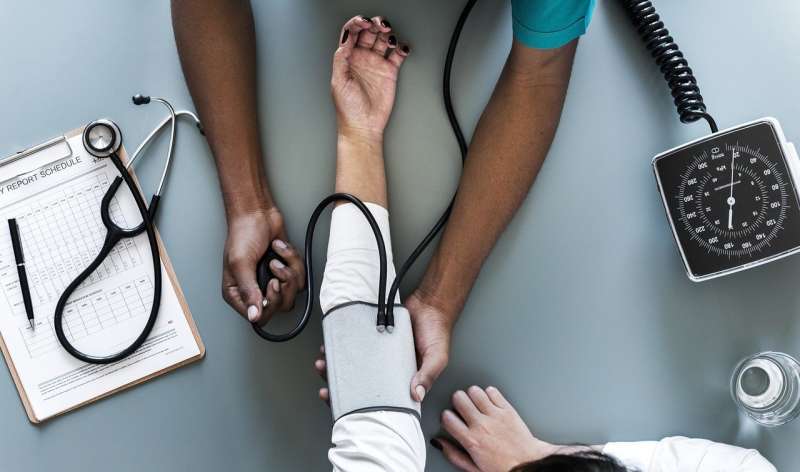
The Society for Cardiovascular Angiography and Interventions (SCAI) has released a proceedings document outlining the possible role of renal denervation (RDN) as a therapeutic option to complement medical therapy and lifestyle interventions for patients with uncontrolled hypertension. The document was developed following a multi-disciplinary expert consensus conference comprised of hypertension specialists, nephrologists, general cardiologists, and interventional cardiologists. The conference, organized by SCAI and the National Kidney Foundation earlier this year, was the first of its kind in the United States focused on RDN treatment for hypertension patients.
RDN is a minimally invasive procedure that applies radiofrequency energy, ultrasound or drug delivery to interrupt nerve activity in the renal arteries, which results in a reduction in systemic blood pressure.
Despite the availability of effective pharmaceutical therapies, hypertension remains the leading global cause of death and disability. In the United States, for example, more than one-half of individuals with hypertension do not meet societal or guideline-directed blood pressure (BP) treatment goals. Several recent sham-controlled trials have shown consistent reductions in ambulatory and office BP with RDN in both the presence and absence of anti-hypertensive medications, highlighting the potential of device-based therapies for hypertension.
“Increasing attention to the clinical benefits of BP control and yet the persistence of uncontrolled hypertension present the opportunity for device-based therapies such as renal denervation. This novel therapy offers advantages that are both distinct from the limitations of conventional antihypertensive medications but may also complement existing therapies to achieve greater BP control,” according to David E. Kandzari, MD, FSCAI, chief of the Piedmont Heart Institute and director of interventional cardiology, who served as chair of the document.
The paper shares consensus from the multidisciplinary expert panel on issues related to blood pressure control and associated risk, evaluation and treatment pathways for hypertension, RDN safety and effectiveness. It also examines how RDN may be incorporated into clinical practice. Experts agree that upon approval in the U.S., the interventional therapy has the potential to improve public health outcomes and address an epidemic of uncontrolled hypertension. Future steps will be to identify appropriate patients and build an interdisciplinary network for referrals.
“This document lays the foundation as to how we move forward with this exciting technology,” stated Eric A. Secemsky, MD, FSCAI, director of vascular intervention at Beth Israel Deaconess Medical Center and co-chair of the document. “By reaching consensus on important issues, we now have a guide for how we may accomplish clinical implementation, while also raising awareness to areas we do not yet have answers for, such as reimbursement.”
Source: Read Full Article
